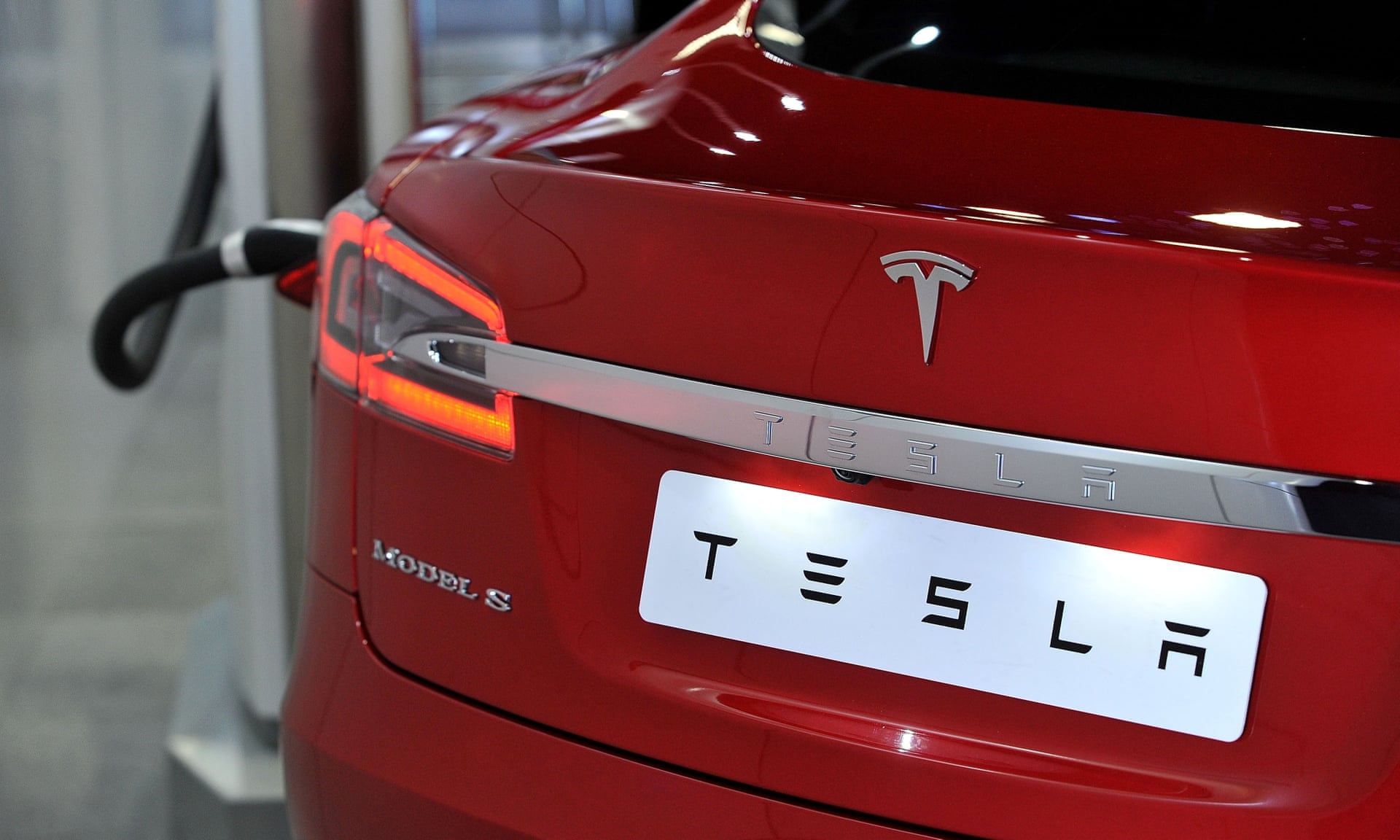Three months since the first fatal crash involving a Tesla driving in autopilot mode, hackers have taken remote control of a Tesla Model S from a distance of 12 miles, interfering with the car’s brakes, door locks, dashboard computer screen and other electronically controlled features in the high-tech car.
A team of Chinese security researchers – Samuel LV, Sen Nie, Ling Liu and Wen Lu from Keen Security Lab – were able to target the car wirelessly and remotely in an attack that could cause havoc for any Tesla driver.
The hack targeted the car’s controller area network, or Can bus, the collection of connected computers found inside every modern vehicle that control everything from its indicators to its brakes. In a video demonstrating the vulnerability, the hackers targeted both the Tesla Model S P85 and Model 75D, although they said it would work on other models too.
By hijacking the car’s Can bus, the hackers could move the seats back and forth, trigger the indicators, wing mirrors and windscreen wipers, and open the sunroof and boot while the car was driving and in parking mode. More worryingly, the hackers could also control the car’s brakes, which could be dangerous if deployed suddenly while the vehicle was traveling at high speed on a motorway.
The attack requires the car to be connected to a malicious Wi-Fi hotspot set up by the hacking team, and this can only be triggered when the car’s web browser is used.
The researchers acted responsibly in disclosing the vulnerabilities they had discovered to Tesla, and the company created a software update that it delivered over-the-air.
Tesla said of the vulnerability: “The issue demonstrated is only triggered when the web browser is used, and also required the car to be physically near to and connected to a malicious Wi-Fi hotspot. Our realistic estimate is that the risk to our customers was very low, but this did not stop us from responding quickly.”
The hackers said in a blogpost that it “appreciates the proactive attitude and efforts” of Tesla’s security team on fixing the problems efficiently.
This is not the first time that Tesla has been hacked. A group of researchers at the University of South Carolina were able to fool the Tesla Model S’s autopilot system into perceiving objects where none existed or in other cases to miss a real object in Tesla’s path.
Now that cars are increasingly high-tech and connected to the internet, cybersecurity has become as big an issue as more traditional safety features.
Tesla is known for its commitment to this challenge and has hired dozens of security researchers to test its cars. The company also runs a bug bounty program, which invites other hackers to point out vulnerabilities – as happened with Keen Security Lab – in return for cash prizes.

0 comments:
Post a Comment